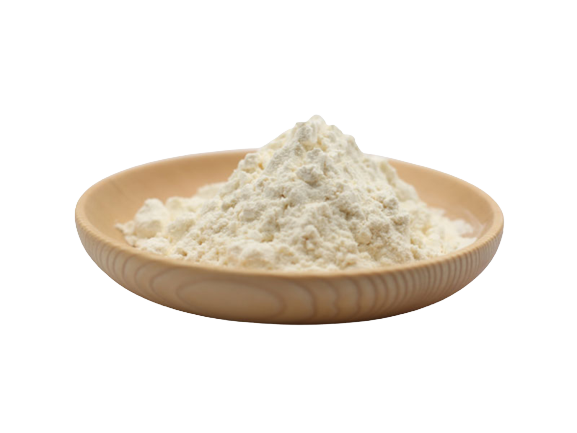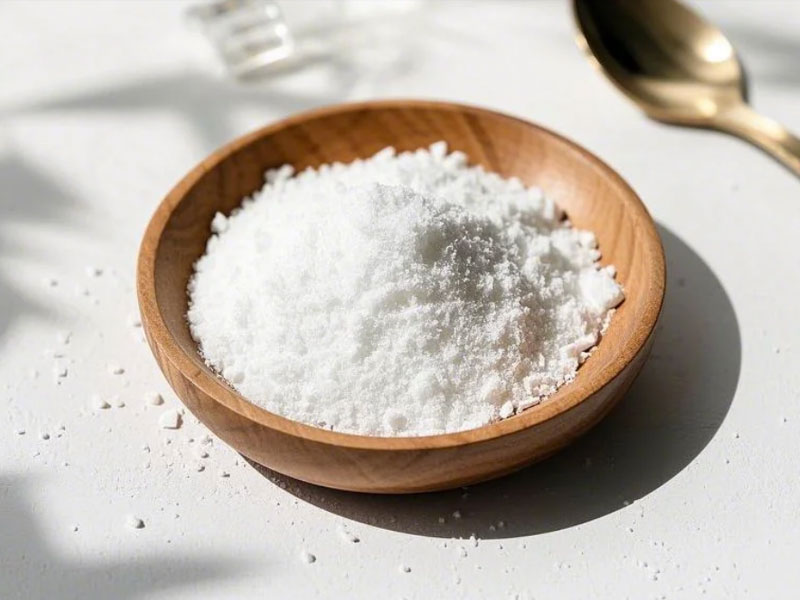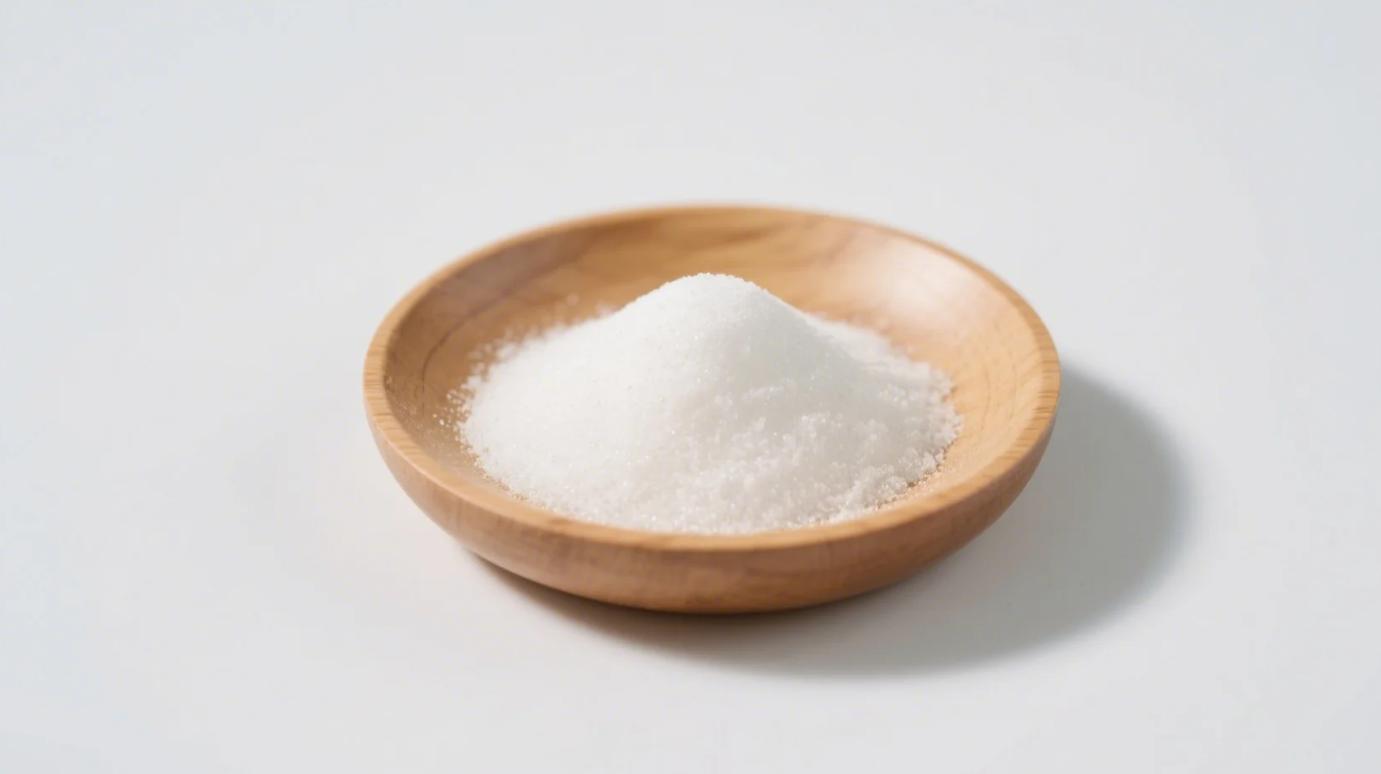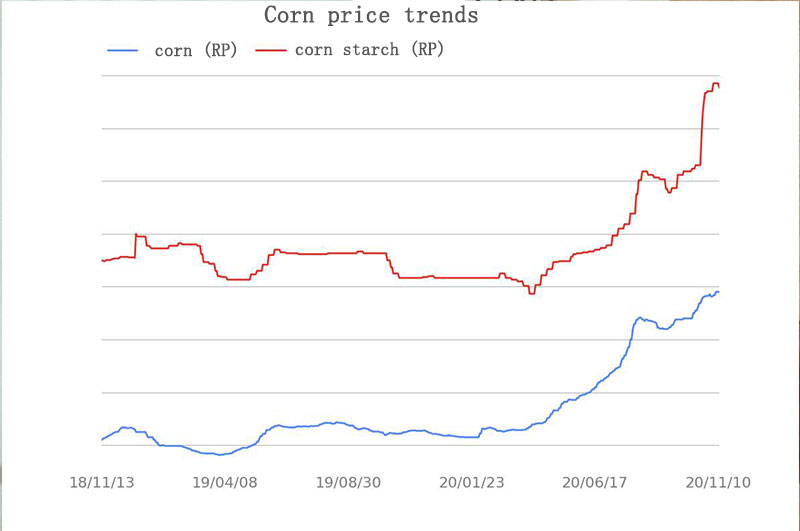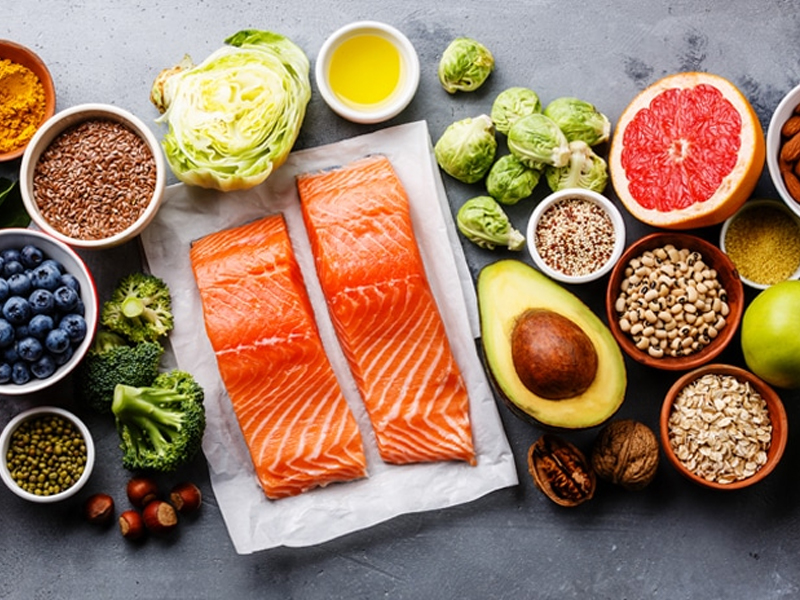As the global demand for plant-based and vegan foods continues to grow, manufacturers are searching for clean, natural, and functional ingredients to support product development. Sweeteners, in particular, play a key role in shaping flavor, mouthfeel, texture, and energy delivery across many plant-based formulations.
Among the available options, organic dextrose—also known as organic glucose powder or organic corn sugar—has emerged as one of the most versatile and reliable sweeteners for plant-based brands. Derived from organic non-GMO corn, it fits perfectly into clean-label, vegan, and natural product categories.
This article highlights why organic dextrose is the ideal sweetener for plant-based manufacturers and how it enhances a broad range of vegan food and beverage applications.
1. 100% Plant-Based, Vegan, and Clean-Label
One of the strongest advantages of organic dextrose is its transparent sourcing and clean-label status.
Consumers are increasingly rejecting ingredients with artificial or animal-derived components. Organic dextrose aligns seamlessly with these expectations because it is:
- Certified organic under USDA/EU standards
- 100% plant-derived from organic corn
- Non-GMO
- Free from chemicals, bleaching, or artificial processing aids
- Suitable for vegan, vegetarian, and allergen-free formulations
This purity and traceability allow brands to confidently promote clean-label claims on packaging—a major advantage in today’s competitive plant-based market.
2. Mild, Natural Sweetness That Balances Plant-Based Flavors
Many plant-based foods and beverages rely on ingredients like pea protein, soy protein, and whole grains, which may have natural bitterness or earthy notes. Organic dextrose’s mild, clean sweetness helps balance these flavors without overpowering them.
It offers a sweetness level around 70–75% of sucrose, making it ideal for:
- Plant-based yogurts
- Vegan protein shakes
- Almond, oat, and soy beverages
- Plant-based ice cream
- Low-sugar or reduced-sugar products
- Nutritional bars and functional snacks
Unlike some high-intensity sweeteners, organic dextrose provides no off-flavors, no aftertaste, and no artificial sensory impact.
3. Enhancing Texture and Mouthfeel in Vegan Foods
Plant-based foods often face texture challenges—graininess, dryness, or separation. Organic dextrose contributes functional benefits that improve product quality:
- Enhances moisture retention in vegan baked goods
- Improves creaminess in plant-based beverages and ice creams
- Supports smooth mouthfeel in protein shakes
- Reduces crystallization in plant-based chocolates and desserts
- Improves browning and caramelization in vegan baked items
Its natural humectant properties make it especially useful for soft-baked, chewy, and moist textures that are difficult to achieve in vegan recipes.
4. Highly Soluble and Easy to Use in Beverage Applications
With excellent solubility in both cold and warm liquids, organic dextrose is widely used in clean-label beverage formulation:
- Vegan protein shakes
- Plant-based lattes
- Functional hydration drinks
- Electrolyte and recovery beverages
- Vegan RTD wellness drinks
Because it dissolves instantly and evenly, it helps avoid problems like sedimentation, graininess, or clumping—common challenges in plant-based drink systems.
5. A Natural Energy Source for Performance and Functional Nutrition
As a simple carbohydrate, organic dextrose provides fast energy absorption, making it ideal for:
- Vegan energy gels
- Sports drinks
- Pre- and post-workout powders
- Meal replacement beverages
- High-performance nutrition products
Plant-based athletes and functional nutrition consumers benefit from quick glucose replenishment, and organic dextrose delivers energy efficiently without artificial additives.
6. Versatility Across Plant-Based Categories
Organic dextrose can be used in almost every vegan and plant-based food segment, including:
Plant-Based Beverages
- Oat milk
- Almond milk
- Soy milk
- Protein shakes
Vegan Dairy Alternatives
- Ice cream
- Yogurt
- Cream cheese
- Whipped toppings
Plant-Based Bakery
- Cookies
- Cakes
- Pastries
- Soft breads
Snacks & Nutrition Products
- Vegan protein bars
- Energy bites
- Meal replacement bars
- Functional gummies
Plant-Based Desserts
- Puddings
- Frozen desserts
- Chocolates
- Caramels
Its mild taste, functional benefits, and organic status make it one of the most adaptable sweeteners in the plant-based industry.
7. Supports Reduced Sugar and Low-Calorie Formulations
More plant-based brands are combining organic dextrose with natural alternatives like:
- Organic erythritol
- Organic allulose
- Organic stevia
- Organic monk fruit
Organic dextrose enhances sweetness synergy, masks off-notes, and provides bulk and browning that low-calorie sweeteners may lack.
This allows formulators to create balanced low-sugar and reduced-calorie vegan products while maintaining flavor, texture, and stability.
Plant-based and vegan food innovation is accelerating—and so is the demand for clean, functional, and organic ingredients. Organic dextrose offers a winning combination of:
- Clean-label and vegan-friendly sourcing
- Mild natural sweetness
- Enhanced texture and solubility
- Improved mouthfeel
- Fast energy delivery
- Broad formulation versatility
For B2B manufacturers developing beverages, bakery goods, frozen desserts, snacks, or sports nutrition products, organic dextrose stands out as an essential ingredient that supports both product performance and consumer expectations.
Related Products
Organic Monk Fruit Extract Powder
Zero-Calorie Natural Sweetener for Clean-Label Food, Beverage & Supplement Applications
Organic Allulose Sweetener
Zero-Calorie, Natural Sweetener for Clean-Label Food, Beverage & Keto Formulations
Organic Erythritol Powder
Clean-Label Sugar Substitute for Food, Beverage, and Keto Products
